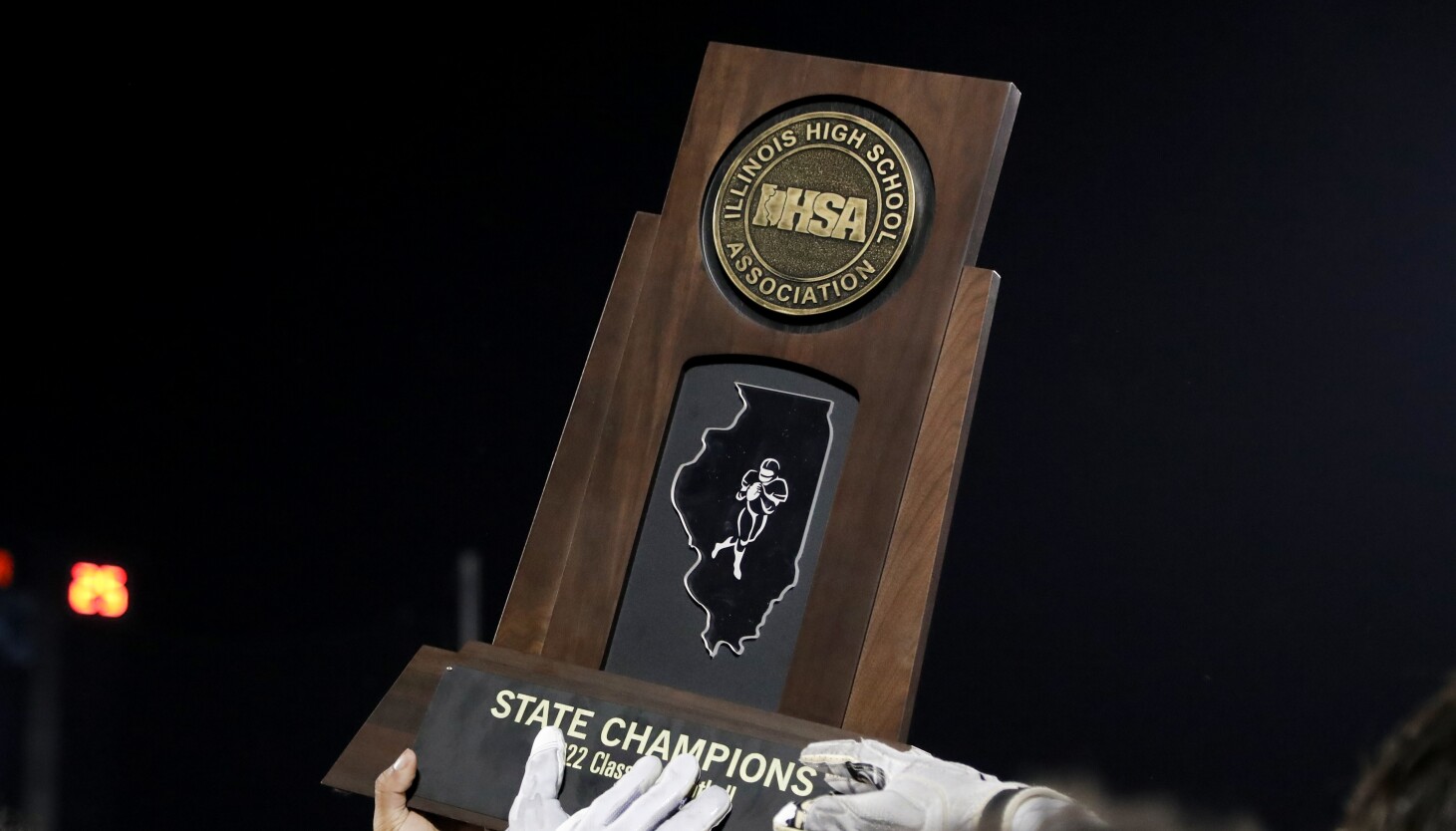Trans Athletes' Rights: IHSA Chooses State Guidelines Over Federal Mandate

In a landmark decision, the state's high school sports organization has revealed that both the attorney general and the Illinois Department of Human Rights have mandated an inclusive policy as a legal requirement. The directive emphasizes the importance of creating a more welcoming and equitable environment for all student athletes, ensuring that participation in high school sports reflects the state's commitment to diversity and equal opportunity.
The policy, which stems from state law, underscores Illinois' progressive stance on inclusivity in educational athletics. By requiring schools to adopt more comprehensive and supportive guidelines, the state is sending a clear message about the value of creating spaces where every student can participate and thrive, regardless of their background or identity.
